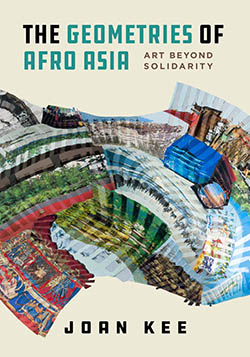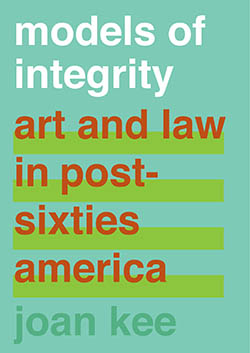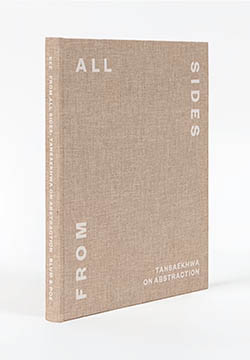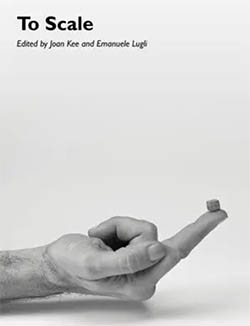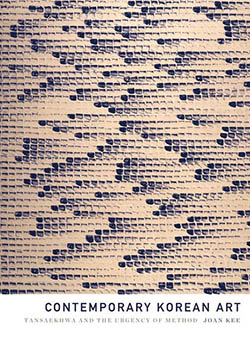 | Art History
| Art HistoryConservation
Archaeology
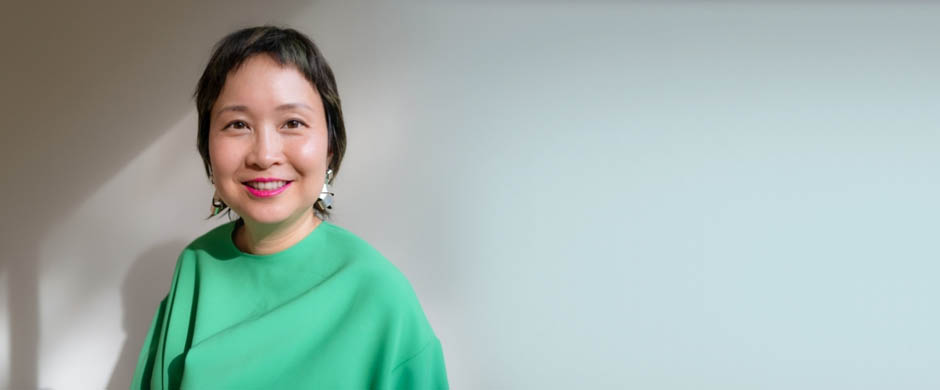
Drawing from cross-disciplinary and multiregional perspectives, Joan Kee focuses on how modern and contemporary artworks figure as provocations to structures and frames of reference intended to encompass and absorb various phenomena. Such frames include various conceptions of the "world," the law, standards of value, and theories of information and cognition.
Her books include Contemporary Korean Art: Tansaekhwa and the Urgency of Method (2013), which numerous publications have credited for bringing international attention to Korean abstraction and to postwar Korean art generally, including the New Yorker, the Nation, and the South China Morning Post. Kee also curated a significant exhibition on Tansaekhwa (Dansaekhwa) for BLUM gallery in Los Angeles, cited as one of the best exhibitions of 2014 in LA.
Read MORE about the Linda Noclhin professorship and fellowshipKee is especially interested in what might be called an applied art history, where methods central to the discipline -- close visual analysis in particular -- offer a lens for thinking about extra-artistic phenomena, from law to digital communication. Models of Integrity: Art and Law in Post-Sixties America (2019) explores how artists engaged with U.S. law in ways that signaled a recuperation of integrity compromised by the very institutions supposedly entrusted with establishing standards of just conduct. In the vein of an applied art history, Kee is researching another book project concerning the role and relevance of emojis.
Awarded the 2024 Robert Motherwell Book Award,The Geometries of Afro Asia, asks how we might embark on a history of art that proceeds from the assumption of a global majority. Taking as a rhetorical departure the construct of Afro Asia which doubles as both an ontological reference and an epistemological intervention, this book centers the worlds Black and Asian artists initiate through their work. Spanning Asia, Africa, North America, and Europe, the book brings together questions structuring ethnic studies and area studies, asking how the multivalent nature of Afro Asia summons different bodies of thinking and imagination that productively unsettle some of art history’s key terms, including scale, genre, comparison, medium, and format.
Future projects include co-editing Primary Documents: Korea for the Museum of Modern Art (forthcoming) and a project on artist/art historian collaborative research in Central Asia.
Contact the Institute
Building Hours
Contact Information
If you wish to receive information on our upcoming events, please subscribe to our mailing list.




